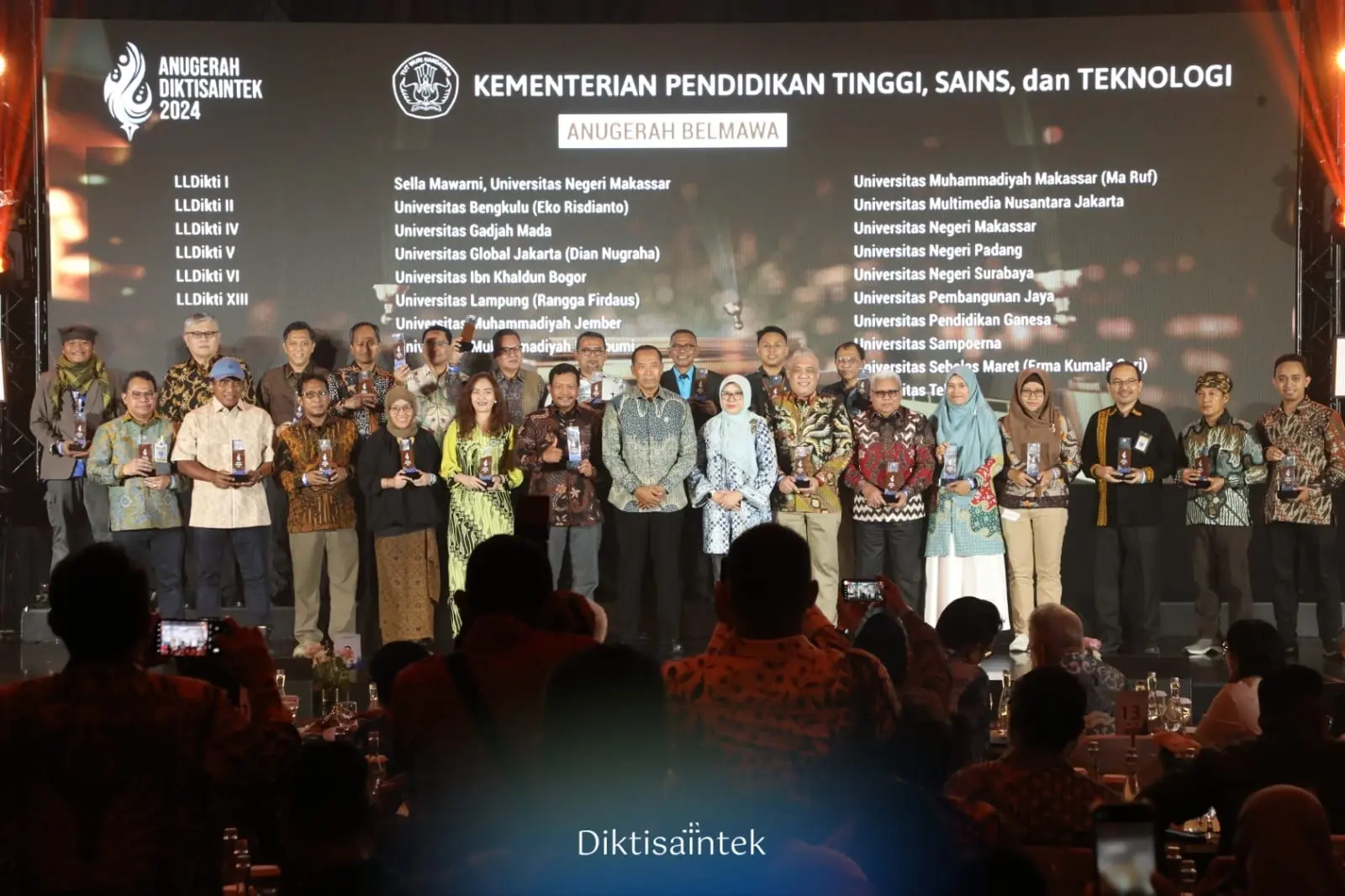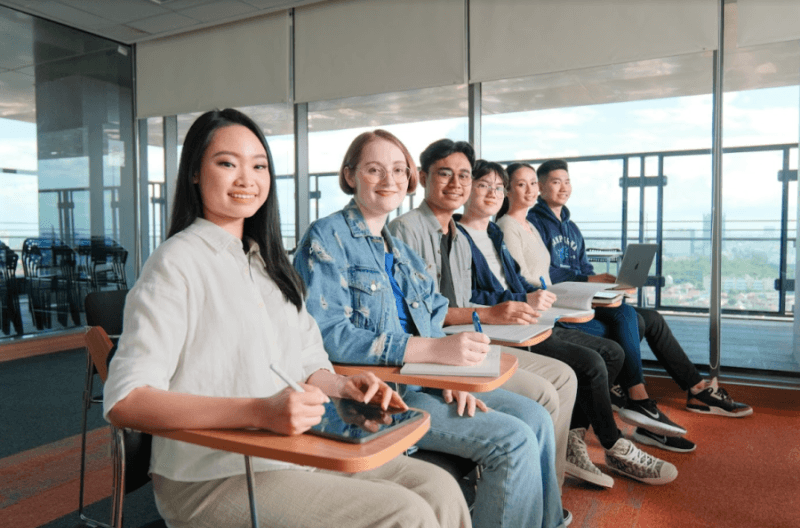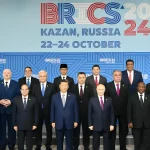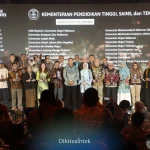18 Oct 2019
Monozukuri, The Secret ‘Recipe’ Behind Japan’s Industry
News & Event,
News & Events Faculty of Engineering & Technology,
[vc_row type=”in_container” full_screen_row_position=”middle” scene_position=”center” text_color=”dark” text_align=”left” overlay_strength=”0.3″ shape_divider_position=”bottom”][vc_column column_padding=”no-extra-padding” column_padding_position=”all” background_color_opacity=”1″ background_hover_color_opacity=”1″ column_shadow=”none” column_border_radius=”none” width=”1/1″ tablet_text_alignment=”default” phone_text_alignment=”default” column_border_width=”none” column_border_style=”solid”][vc_column_text]There are a lot of lessons that we can learn from Japan as one of the developed countries in the world. In the engineering and technology sector, Japan proves to be among the forerunners. And this is more than just about intelligence, hard work, and discipline.
Therefore, what makes Japanese Industry philosophy different from the others such as the industry in the Western countries, China, and Indonesia?
According to Abdi Pratama, Ph.D., the secret ‘ingredient’ behind the amazing achievement of Japan in the technology and engineering sector is the Monozukuri Philosophy.
In his general lecture titled “Manufacturing and Quality Control: The Case of Monozukuri Philosophy” on Tuesday, 15 October 2019, the General Manager of Engineering Division of PT Denso Manufacturing Indonesia spoke, “Roughly defined, Monozukuri is an activity of making a product that is based on the Japanese culture and mindset. It includes high quality standard, customer satisfaction, and sincerity.”
In the Japanese point of view, every worker – from the lowest level to the top management level – has his or her own role to achieve the best. Sincerity is permeated at workplace and thus creates harmony among all people in a certain workplace, whether it be a factory or office.
The Monozukuri philosophy is not only found in the production activity, but also in other business aspects such as the making of business plans, research and development, and others.
How can Indonesia catch up with the excellence of Japanese industry?
Sharing his views with Mechanical Engineering and Industrial Engineering students of Sampoerna University, the guest speaker stated,” So far, our industry in Indonesia has had no complete and solid industrial ecosystem, which is so-called Industry Cluster.”
He added that the Tier 1 (giant industry), 2 (suppliers), and 3 (suppliers of suppliers) in Indonesia still require further development to meet the international standard. Meanwhile, in Japan the industry at every tier has achieved maturity. That is why the industry in Japan is relatively more independent than one in Indonesia.
This is Indonesian engineers’ job to start building a better ecosystem (Industry Cluster) of the national industry in the future. “Our job is now to create the right standards for Indonesia so we can classify clearly industrial players in Tier 1, 2 and 3. Once all this is established then it is more plausible for us to build a real independent industry.”
Abdi asked Engineering students to start working hard to realize this dream: National Industry Independence. “You as young engineers have an important role to build the nation’s industry by for example designing a new product so it can be produced in a massive scale.”
Abdi is a graduate of Universitas Gadjah Mada (UGM) and received his Master and Doctoral degrees from Osaka University, Japan. In early 2019, he decided to come back to Indonesia.
At Sampoerna University, we have this general lecture that regularly features experts, scientists and practitioners that are invited both from Indonesia and foreign countries. To learn more about our Faculty of Engineering and Technology, click HERE. To sign up for our next Open House, go to this webpage. (*/)[/vc_column_text][/vc_column][/vc_row]





